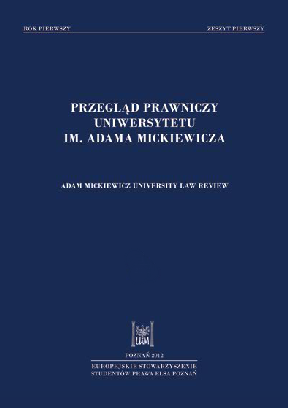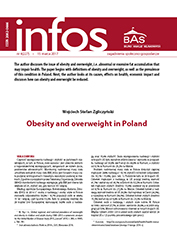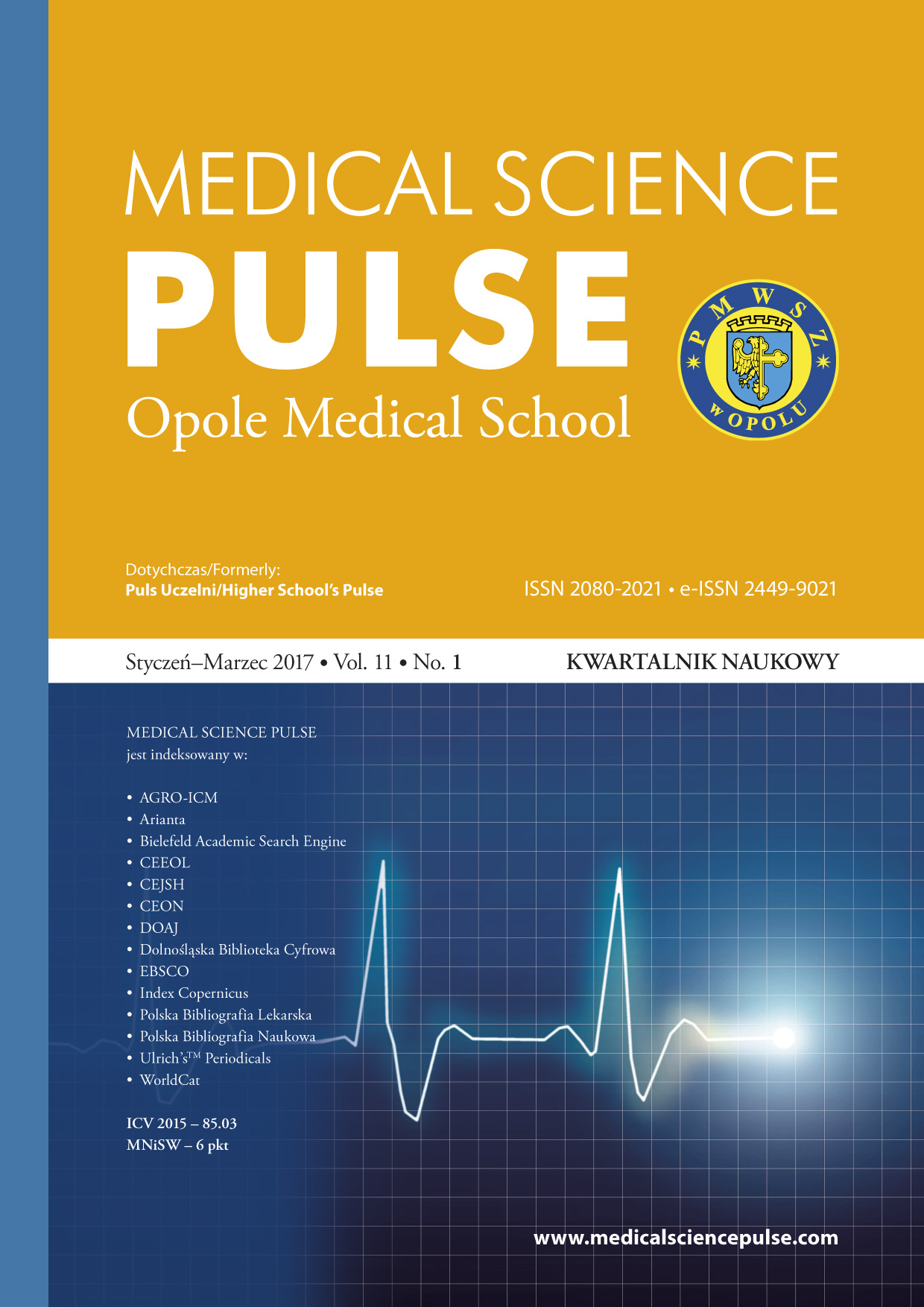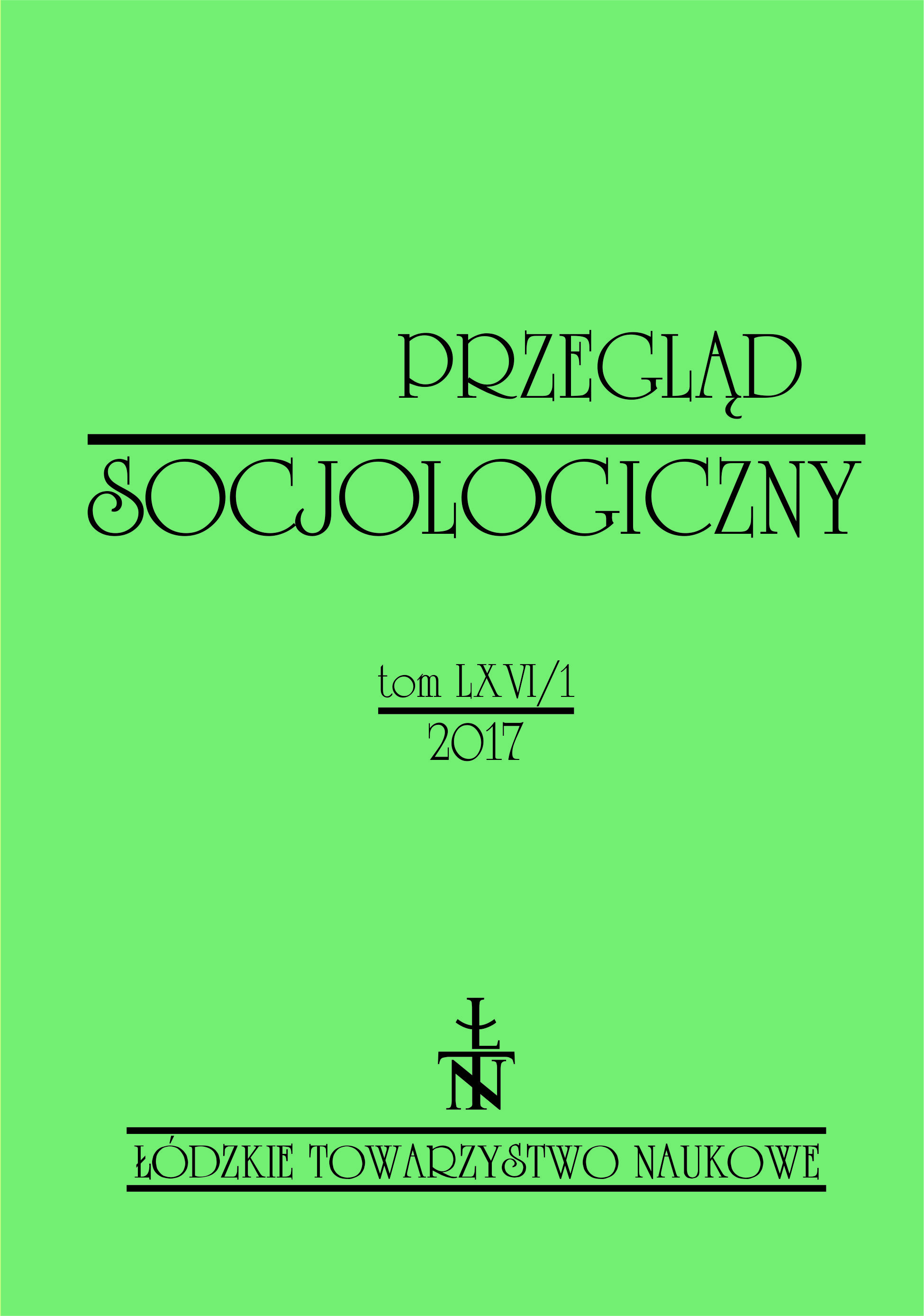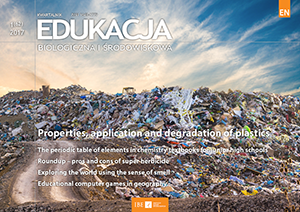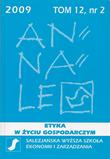
Nowe dylematy medycyny – zjawisko macierzyństwa zastępczego w perspektywie społeczno-etycznej
Contemporary medicine offers more and more possibilities as far as procreation is concerned. They are available, first of all, to infertile couples (IVF – In Vitro Fertilization). However, the advanced reproductive technology is also used by people who are biologically capable of having children. These people are ready to resign voluntarily from pregnancy and childbirth difficulties. The surrogate motherhood appears as a phenomenon known already from biblical times but existing nowadays in a different context. At the same time, some issues are emerging – questions concerning social, ethical, moral and legal consequences. This paper presents the issue of surrogate motherhood in the context of social changes, which could lead to a development of such practices as well as the reasons of parents and surrogate mothers. Can this phenomenon be perceived as a service for people who want to fulfill their desires for having children? Would surrogate motherhood become a socially approved practice? What are the ethical, religious and legal norms concerning this phenomenon? The religious norms are connected, first of all, with an attitude of the Catholic Church which recognizes surrogacy as unacceptable and states that “it offends the dignity and the right of a child to be conceived, carried in the womb, delivered to the world and brought up by their own parents”. The ethical norms refer to the biotechnological issues and include matters of creating and implanting human embryos as well as the problem of the surrogate mother – child – biological parents relationship. As far as legal norms are concerned, the case is still open hence Polish law does not take into consideration in vitro fertilization or the admissibility of surrogate motherhood.
More...
